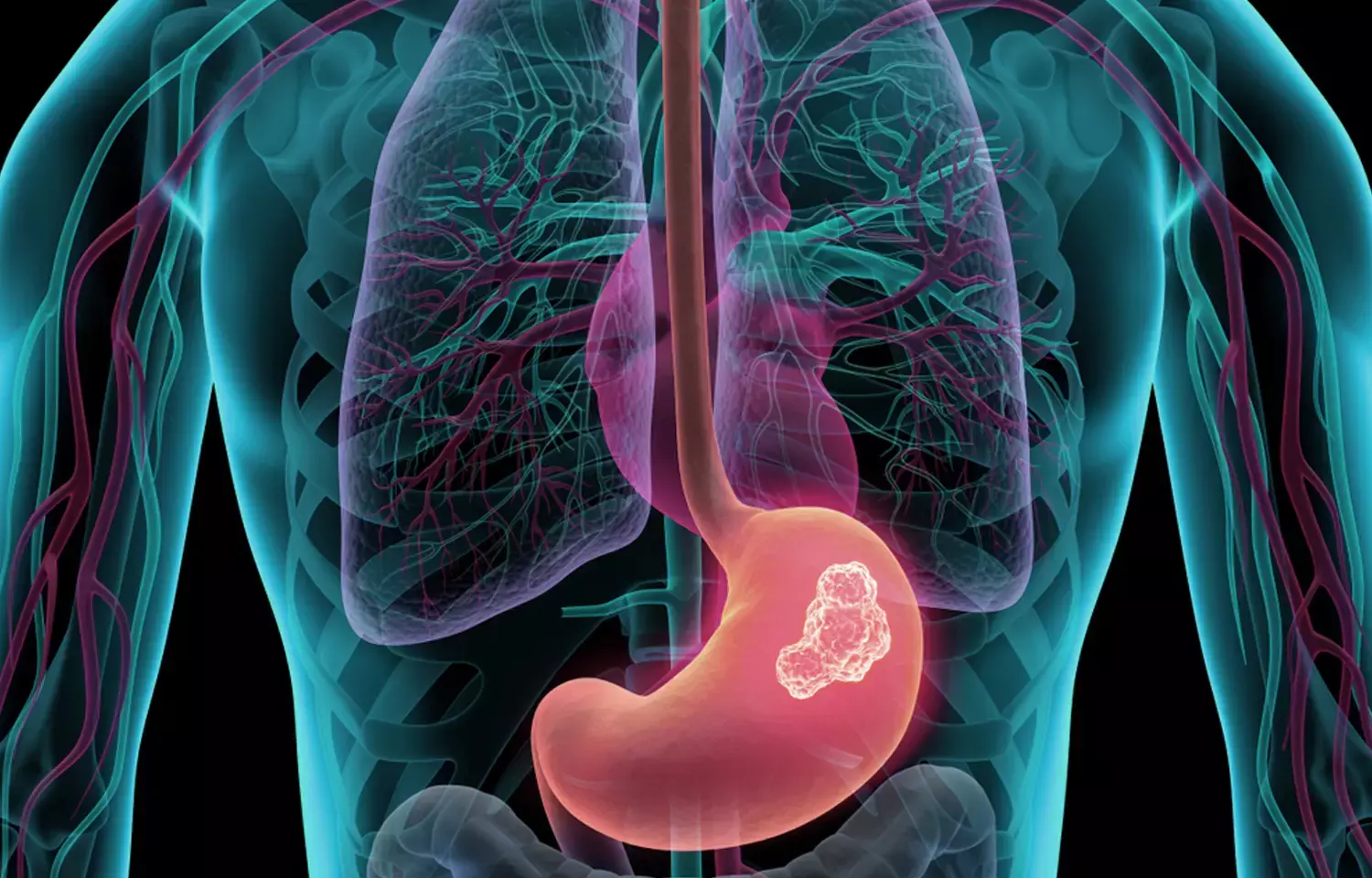- Home
- Medical news & Guidelines
- Anesthesiology
- Cardiology and CTVS
- Critical Care
- Dentistry
- Dermatology
- Diabetes and Endocrinology
- ENT
- Gastroenterology
- Medicine
- Nephrology
- Neurology
- Obstretics-Gynaecology
- Oncology
- Ophthalmology
- Orthopaedics
- Pediatrics-Neonatology
- Psychiatry
- Pulmonology
- Radiology
- Surgery
- Urology
- Laboratory Medicine
- Diet
- Nursing
- Paramedical
- Physiotherapy
- Health news
- Fact Check
- Bone Health Fact Check
- Brain Health Fact Check
- Cancer Related Fact Check
- Child Care Fact Check
- Dental and oral health fact check
- Diabetes and metabolic health fact check
- Diet and Nutrition Fact Check
- Eye and ENT Care Fact Check
- Fitness fact check
- Gut health fact check
- Heart health fact check
- Kidney health fact check
- Medical education fact check
- Men's health fact check
- Respiratory fact check
- Skin and hair care fact check
- Vaccine and Immunization fact check
- Women's health fact check
- AYUSH
- State News
- Andaman and Nicobar Islands
- Andhra Pradesh
- Arunachal Pradesh
- Assam
- Bihar
- Chandigarh
- Chattisgarh
- Dadra and Nagar Haveli
- Daman and Diu
- Delhi
- Goa
- Gujarat
- Haryana
- Himachal Pradesh
- Jammu & Kashmir
- Jharkhand
- Karnataka
- Kerala
- Ladakh
- Lakshadweep
- Madhya Pradesh
- Maharashtra
- Manipur
- Meghalaya
- Mizoram
- Nagaland
- Odisha
- Puducherry
- Punjab
- Rajasthan
- Sikkim
- Tamil Nadu
- Telangana
- Tripura
- Uttar Pradesh
- Uttrakhand
- West Bengal
- Medical Education
- Industry
Study validates pyrvinium as treatment to prevent stomach cancer

A study published Oct. 4 in Gastroenterology further validates that pyrvinium, a drug that has been used for decades for intestinal pinworms, can be repurposed as a preventative treatment for stomach cancer.
Eunyoung Choi, PhD, assistant professor of Surgery, and colleagues have demonstrated in human organoids and mouse models that the drug induces cell death in precancerous lesions. Pyrvinium blockades both the MEK/ERK and STAT3 signaling pathways. In another study she led, which was published last year in Gastroenterology, the researchers demonstrated that pyrvinium blocked regeneration of dysplastic stem cells.
Choi has published a series of studies that have delved into the mechanisms by which gastric cancer forms through dysplasia, the abnormal growth or development of cells. Globally, gastric cancer is the fifth most common cancer and the third deadliest. The current standard of treatment for gastric dysplasia is limited to endoscopic resection or surgical excision of small lesions.
“Our study suggests that pyrvinium can lead to mucosal recovery from metaplastic and/or dysplastic to normal by targeting a stem cell population through a dual MEK/ERK and STAT3 inhibition. Thus, pyrvinium is a unique candidate for potential therapeutic prevention of gastric cancer in patients with high-risk precancer,” said Choi, the study’s senior author.
Pyrvinium has been used for over 70 years for intestinal pinworms and has a known safety profile. Recent preclinical studies have reported that the drug can also impede the growth of colorectal, breast, lung, liver and pancreas cancers by inhibiting crucial signaling pathways. Choi’s lab, however, is the first to identify the specific dysplastic stem cells that are a key source of clonal evolution of dysplasia to gastric cancer.
In this latest study, the researchers revealed through scRNA-seq data analyses that pyrvinium targeted the CD133+/CD166+ stem cell populations as well as proliferating cells in dysplastic organoids. The drug also inhibited metaplasia progression to dysplasia and promoted the regeneration of normal gastric mucosa by contributing to an anti-inflammatory microenvironment. This effect suggests a lower likelihood of potential adverse effects on tissue regeneration.
“With the pyrvinium’s possible advantages including its well-characterized lack of side effects, a next step to move forward would be an early phase trial of pyrvinium to reverse the metaplastic gastric mucosa in patients with high-risk precancer with a clinical research group,” Choi said.
Reference:
Hyesung Kim, Bogun Jang, Changqing Zhang, Brianna Caldwell, Do-Joong Park, Seong-Ho Kong, Hyuk-Joon Lee, Han-Kwang Yang, James R. Goldenring, Eunyoung Choi, Targeting Stem Cells and Dysplastic Features with Dual MEK/ERK and STAT3 Suppression in Gastric Carcinogenesis, DOI: https://doi.org/10.1053/j.gastro.2023.09.040.
Dr Kamal Kant Kohli-MBBS, DTCD- a chest specialist with more than 30 years of practice and a flair for writing clinical articles, Dr Kamal Kant Kohli joined Medical Dialogues as a Chief Editor of Medical News. Besides writing articles, as an editor, he proofreads and verifies all the medical content published on Medical Dialogues including those coming from journals, studies,medical conferences,guidelines etc. Email: drkohli@medicaldialogues.in. Contact no. 011-43720751


